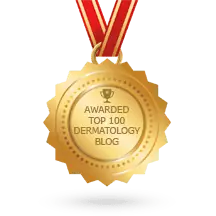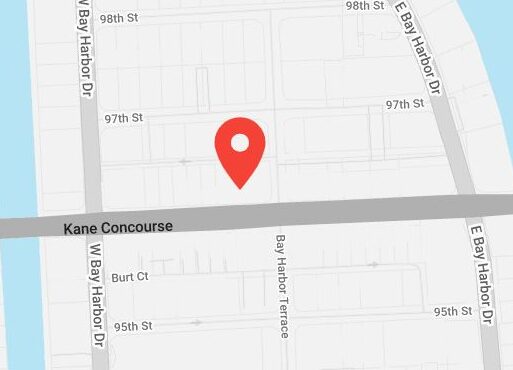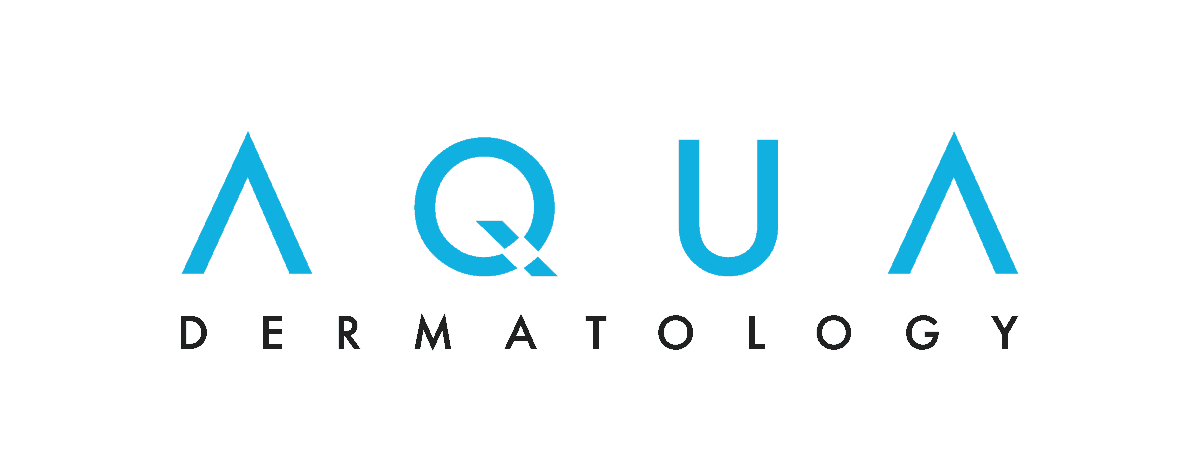You already know that what you eat plays a role in your health. What you might not know is that your diet plays a bigger role in the health of your skin than you thought. For example, a high glycemic index diet has been shown to be linked to acne, and spicy foods and alcohol are known triggers for a skin condition called rosacea.
Diet doesn’t always have a negative effect on skin, of course. While sugar can damage the skin, there are plenty of vitamins and minerals that can have a positive effect on your complexion, whether you get them from your diet or you use topical products containing these powerful ingredients. Let’s take a look at some of the best vitamins and minerals to use for glowing, youthful skin.
Vitamin A
You’re likely to find vitamin A in a variety of skincare products, from cleansers to lotions. Often called retinol, vitamin A is an antioxidant that plays an important role in increasing cell turnover and improving the collagen production of your skin. It can also help to reduce acne breakouts, minimize the production of sebum and clear up dark spots or hyperpigmentation.
While the best way to deliver vitamin A to your skin is using a topical product that contains retinol, you can also try to boost the number of foods you eat that contain this antioxidant. You’ll find vitamin A in carrots, sweet potatoes, liver, eggs, and kale.
Vitamin B
Several B vitamins can help your skin. Vitamin B3, also known as niacin, can help to keep skin moisturized, reducing flakiness and dry patches. It’s often included in skin moisturizers and lotions in a form called niacinamide and might help to lighten dark spots and control acne on the skin.
Vitamin C
Like vitamin A, vitamin C is another antioxidant that is often a featured ingredient in skincare products. Vitamin C helps to protect your skin from free radical damage and might be able to offer a boost of UV protection (although it should never be used as an excuse to skip your sunscreen).
Additionally, vitamin C can help to improve your skin’s texture by boosting collagen and elastin production. It might also help to lighten dark spots. You’ll often find vitamin C as the main ingredient in skin serums. You can also get it through your daily fruits and vegetables. Citrus fruits are a great source of vitamin C, as are leafy green vegetables, broccoli, peppers, and strawberries.
Vitamin E
If you’ve ever popped a vitamin E gel capsule and smoothed it over your skin, then you know that this vitamin is well-known for its moisturizing abilities. An antioxidant, vitamin E can help keep your skin soft and moisturized by actually sealing in that moisture. It’s 0ften found in products that help to reduce inflammation or irritation of the skin.
You’ll find vitamin E in foods such as sunflower seeds, almonds, and wheat germ.
Vitamin K
Vitamin K might not be a vitamin you hear much about, but it plays a big role in the health of your skin since it affects your blood’s ability to clot. Getting an adequate amount of vitamin K in your diet can help your body heal more quickly from wounds. It might also help to minimize the appearance of dark circles under the eyes and help to keep scars from forming. You’ll find it in vegetables such as kale, green beans, and spinach.
Zinc
Your body needs the mineral zinc for wound healing and healthy immune function. Ingesting zinc might also have benefits for your skin, especially if you are prone to acne. Zinc oxide is a popular ingredient in mineral sunscreens since it is effective in protecting the skin from UV rays.
Dietary sources are often the best way to make sure you’re getting enough zinc, with the exception of zinc oxide, which you should apply topically (in the form of a sunscreen). Foods such as beef, oysters, chickpeas and dark chocolate are all good sources of zinc.
Sulfur
Sulfur can be pretty amazing when it comes to reducing or clearing up acne breakouts. This mineral works by helping to increase cell turnover in the skin, clearing up bacteria on the skin and reducing the production of sebum. It can also help to minimize the redness associated with rosacea.
You can find over-the-counter skin products that contain sulfur, or your dermatologist might prescribe a stronger topical product to treat rosacea or acne.
Dr. Diane Walder is a leading dermatologist in the US. She offers skincare products and treatments at her practice in Miami to help improve the health and appearance of your skin. To schedule a consultation with Dr. Walder or one of her associates, call 305-866-2177 today.




